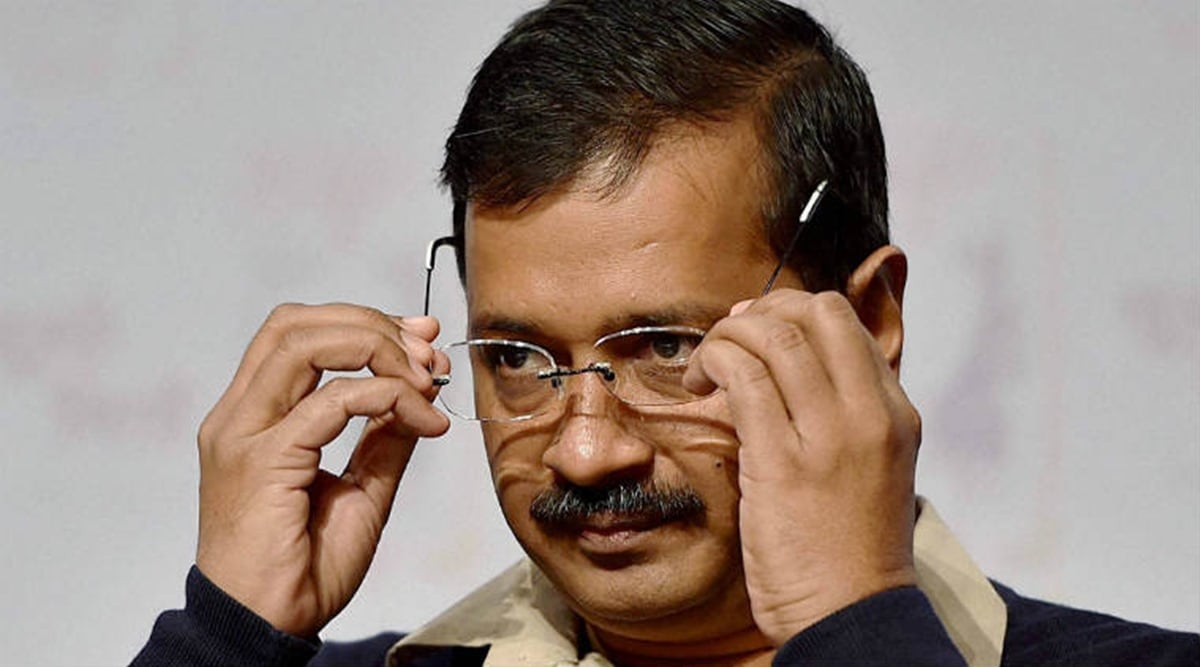 Delivering his speech at the Secretariat instead of the Chhatrasal Stadium, amidst a small gathering given the pandemic, Kejriwal said the situation in Delhi was under control compared to two months back.
Delivering his speech at the Secretariat instead of the Chhatrasal Stadium, amidst a small gathering given the pandemic, Kejriwal said the situation in Delhi was under control compared to two months back.Schools in the city will not be opened until the Covid-19 situation is brought completely under control, Chief Minister Arvind Kejriwal said in his Independence Day address Saturday.
“I have received several messages from parents asking us not to open schools right now. I want to assure parents that we care about your children as much as you do. Till the time we are sure, we are not going to open schools. The safety and health of your children is very important to us,” he said.
While the Delhi government has been aggressively pushing opening up as much of the economy as possible, the CM’s statement suggests a more cautious stand on schools, whose functioning amidst the pandemic has been a matter of debate worldwide. Deputy CM and Education Minister Manish Sisodia confirmed to The Sunday Express that the government would take it slow on the issue. “We cannot think of opening schools considering the current situations,” he said. On Friday, Sisodia had tweeted from an article that appeared in the UK tabloid The Daily Mirror, saying, “97,000 US children test positive for corona in two weeks as schools open. Education authorities in Govt of India including UGC should better learn from this….”
Delivering his speech at the Secretariat instead of the Chhatrasal Stadium, amidst a small gathering given the pandemic, Kejriwal said the situation in Delhi was under control compared to two months back.
The ‘Delhi Model’ was being discussed all over the country and was a “case study across the world”, the CM said. “I remember that in June, many people were leaving Delhi because corona had spread widely… But in a few weeks, the two crore people of Delhi have controlled the situation with their resolve, hard work and dedication. We have a long way to go, we have not won the battle… The Delhi Model is the togetherness of all the people, organisations, institutions, and all the governments,” he added.
Kejriwal said many countries and cities, such as Italy, London and New York, have seen sick people being turned away from hospitals. “Then we decided that beds should be reserved for serious patients, and those with mild or no symptoms would be treated at home. It did not mean we were shying away from our responsibilities,” he said.